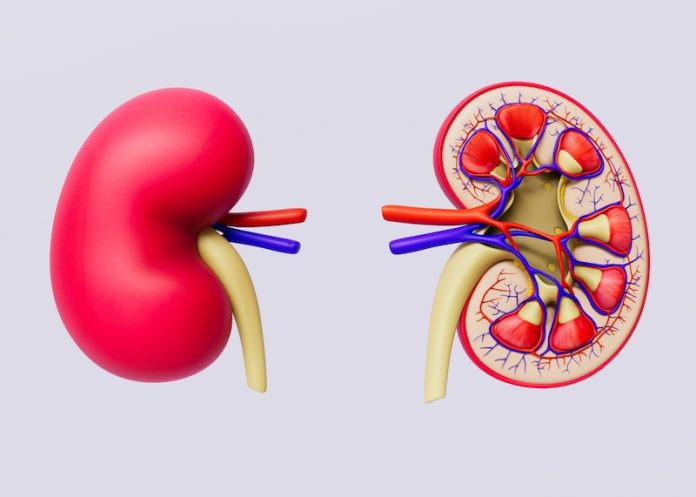
High blood pressure, or hypertension, affects millions of people worldwide and is a leading cause of heart disease, stroke, and other life-threatening conditions. For decades, it has been managed primarily through medications, alongside lifestyle changes.
However, new research from the University of Virginia sheds light on potential long-term effects of some commonly used hypertension drugs, particularly on kidney health.
Hypertension is typically treated with medications like diuretics, ACE inhibitors, beta-blockers, calcium channel blockers, and angiotensin receptor blockers (ARBs). These drugs are effective in lowering blood pressure and reducing the risk of serious complications.
But the recent study suggests that prolonged use of drugs targeting the renin-angiotensin system, such as ACE inhibitors and ARBs, might lead to unintended harm to the kidneys.
The research, led by Dr. Maria Luisa Sequeira Lopez, focused on specialized kidney cells called renin cells, which play a critical role in regulating blood pressure. The study revealed that long-term use of these medications could cause renin cells to behave abnormally.
Instead of staying in their usual position, these cells may invade the walls of kidney blood vessels, leading to thickening and stiffening of the vessels. Over time, these changes could impair kidney function.
Despite these findings, researchers emphasize that ACE inhibitors and ARBs remain valuable and potentially lifesaving medications. They effectively lower blood pressure, reducing the risk of heart attacks and strokes.
However, the study highlights the importance of understanding the long-term impact of these drugs on kidney health. It calls for further research to determine how these medications can be used more safely, balancing their immediate benefits with their potential risks.
For individuals managing high blood pressure, this research is not a reason to stop taking prescribed medications. Instead, it underscores the importance of regular check-ups and open communication with healthcare providers to ensure treatment plans are optimized for both short-term and long-term health.
In addition to medication, lifestyle changes remain a cornerstone of hypertension management. A healthy diet, regular physical activity, stress management, and limiting salt intake can help control blood pressure and improve overall health.
Self-monitoring is also essential, as high blood pressure often shows no symptoms. Home blood pressure monitors allow individuals to track their condition and share accurate readings with their doctors.
The study also calls attention to the need for personalized treatment plans. Managing high blood pressure is not just about lowering the numbers—it’s about considering the whole person and the potential long-term effects of treatment.
This approach ensures that while blood pressure is controlled, other vital organs, like the kidneys, are protected.
Published in the JCI Insight journal, this study opens new avenues for research and underscores the complexity of treating high blood pressure.
It’s a reminder that while medications are crucial tools, they must be part of a comprehensive approach that includes regular monitoring, lifestyle changes, and ongoing advancements in medical science. For the millions affected by hypertension, this research offers hope for safer, more effective treatments in the future.
If you care about blood pressure, please read studies about blood pressure drug that may increase risk of sudden cardiac arrest, and these teas could help reduce high blood pressure.
For more information about health, please see recent studies about nutrient that could strongly lower high blood pressure, and results showing this novel antioxidant may help reverse blood vessels aging by 20 years.
Copyright © 2025 Knowridge Science Report. All rights reserved.



